Do you feel like you have zero work/life balance?
Is work getting on top of you and that "to do" list never seems to get done?
Do your family/friends complain that they hardly ever see you and when they do, all you talk about is work?
We’ve all been there.

Knowing how to work harder, not smarter, will improve your productivity, increase your wellbeing, reduce stress, and give you more time for the things you enjoy.
 Photo by Nimi Diffa on Unsplash
Photo by Nimi Diffa on Unsplash1. Set goals
Years ago, when I was training to be a teacher, I had a very busy schedule of marking, planning, teaching, and studies. I was trying to job hunt, as well as fit in socializing with friends, and exercising regularly.
I was feeling stressed and overwhelmed. I just didn’t know how to manage my stress levels and balance it all!
 Photo by Matteo Paganelli on Unsplash
Photo by Matteo Paganelli on UnsplashThat's when I came across SMART goals and set myself a SMART goal to help me manage the stress of work and studies.
Here's an example:
Specific: I'll add yoga to my morning routine as part of my everyday routine.
Measurable: I'll do this for the next 6 months and use my mindfulness app to set reminders.
Attainable: I'll review the progress of my morning routine right before I go to sleep, plan ahead, and make note of its benefits. This way, I'll gear myself up to practice my morning routine every day.
Relevant: Having a great morning routine would ensure a strong start to a productive and healthy day. This will help me manage my stress levels with the added benefits to my health and well-being.
Time-bound: I'll stick with this plan for 6 months before self-assessing and choosing 3 new habits.
Quiz
Sarah often feels overwhelmed with her busy schedule. Which strategy can help her see the bigger picture and set meaningful goals?
2. Make your "to do" list work for you!
Separate tasks into categories
For example, group tasks that take a week/month/year, etc.
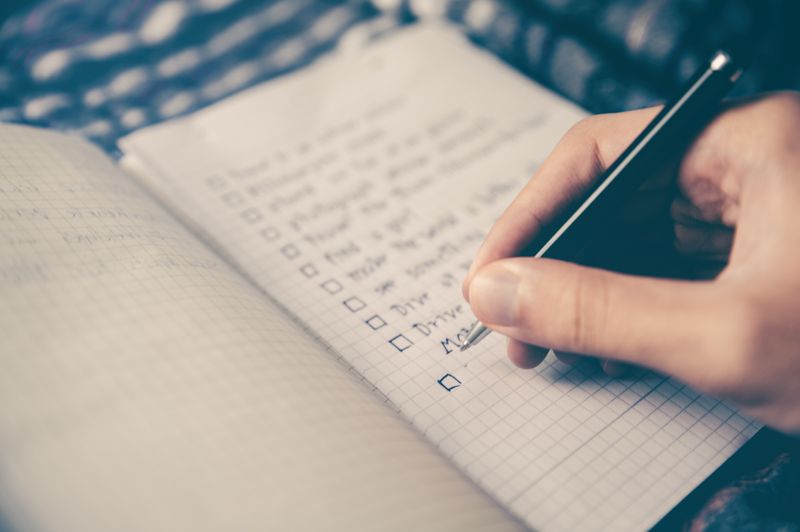 Photo by Glenn Carstens-Peters on Unsplash
Photo by Glenn Carstens-Peters on UnsplashOrganize your tasks into urgent, non-urgent, critical, and non-critical.
 Photo by Rod Long on Unsplash
Photo by Rod Long on UnsplashMake a list of energizers vs. drainers
Energizers are the activities or tasks we enjoy doing.

Drainers are the ones we avoid. Do the drainers first! You'll feel a sense of achievement if you get them out of the way early in the day.
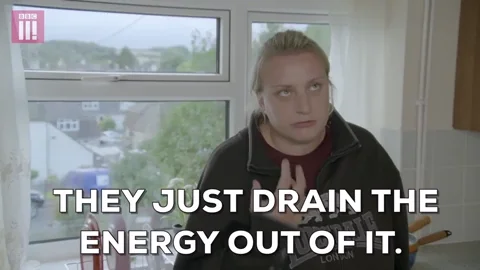
Minimize your everyday to-do list.
Be realistic and select just 3 or 4 things you want to achieve that day.
Find tools that work for you.
It might be a notepad, document, spreadsheet, or a to-do list app.
3. Boost your productivity
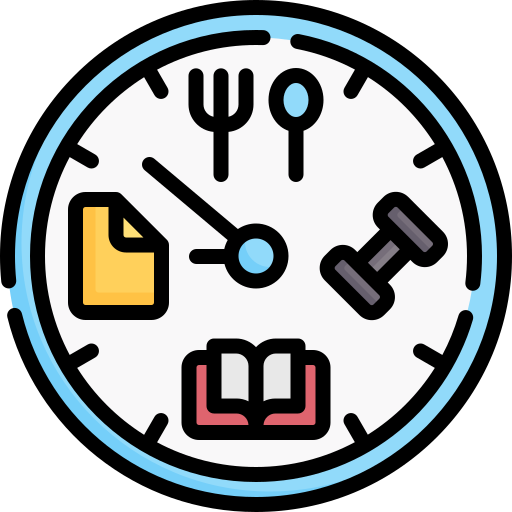
Stick to a routine!
Are you a morning person or do you work/study better at night? Set alarms and reminders to help you manage tasks and time. Find a routine and stick to it!
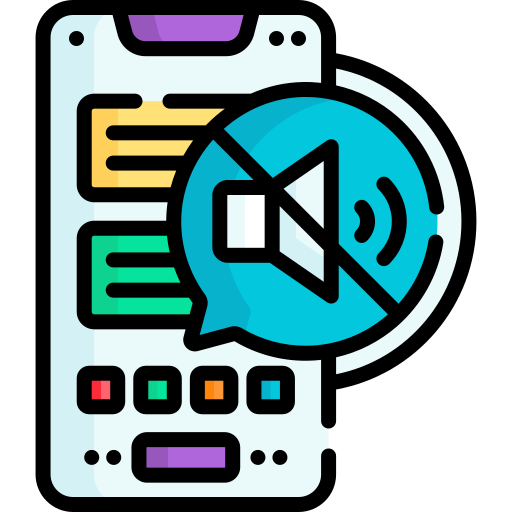
Remove distractions
Put your phone on "do not disturb" mode, or hide it out of view.

Set aside time for self-care
Take time to eat well, sleep, pursue a hobby, and exercise, all of which will boost your energy levels and mood, making you more efficient when working.

Try the Pomodoro Technique
Set timers for an activity or task to ensure you take regular breaks. Here’s an example using the Pomodoro technique.
Quiz
Sarah's to-do list keeps growing, and she feels anxious about it. Which approach can help her master her to-do list effectively? Select all that apply.
4. Ask for help when you need it!
You can't overcommunicate
Struggling to meet a deadline? Communicate with the right people and ask for help or more time to complete it.
Manage expectations
If you’ve got a lot going on, ask your teacher or supervisor which tasks are the highest priority and which can be pushed back.
Be proactive
When a task is assigned to you, ask questions and make sure you understand the task, time, and team
Task: What do I have to do? Is there an example I can follow?
Time: How long have I got? Is this a hard deadline or is it flexible?
Team: Am I working solo or in a team? Who can I ask for support?
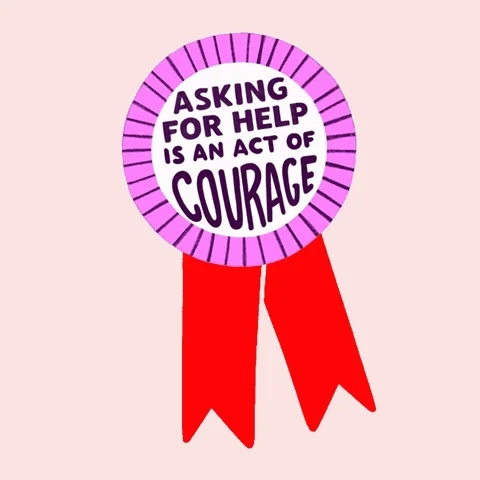
5. Strike a work/life balance
Life is not all about work.Make time to do things you enjoy, with people you care about.
Pursue your hobbies or passions, like sports, music, arts, gaming, visiting cultural sites, and traveling.
Spend time with your loved ones and make memories. Life is short so try to enjoy your time together.
 Photo by National Cancer Institute on Unsplash
Photo by National Cancer Institute on UnsplashSpend time with people or do things that energize you rather than drain you. This looks different depending on your personal preferences. Have downtime? You do you!
Celebrate success! Close your day by reflecting on what you have accomplished. Whether big or small, take stock of what you've achieved and reward yourself, with whatever that looks like for you: words of affirmation, chatting with loved ones, a nice bubble bath, or going for a run.

Take Action
Your feedback matters to us.
This Byte helped me better understand the topic.

